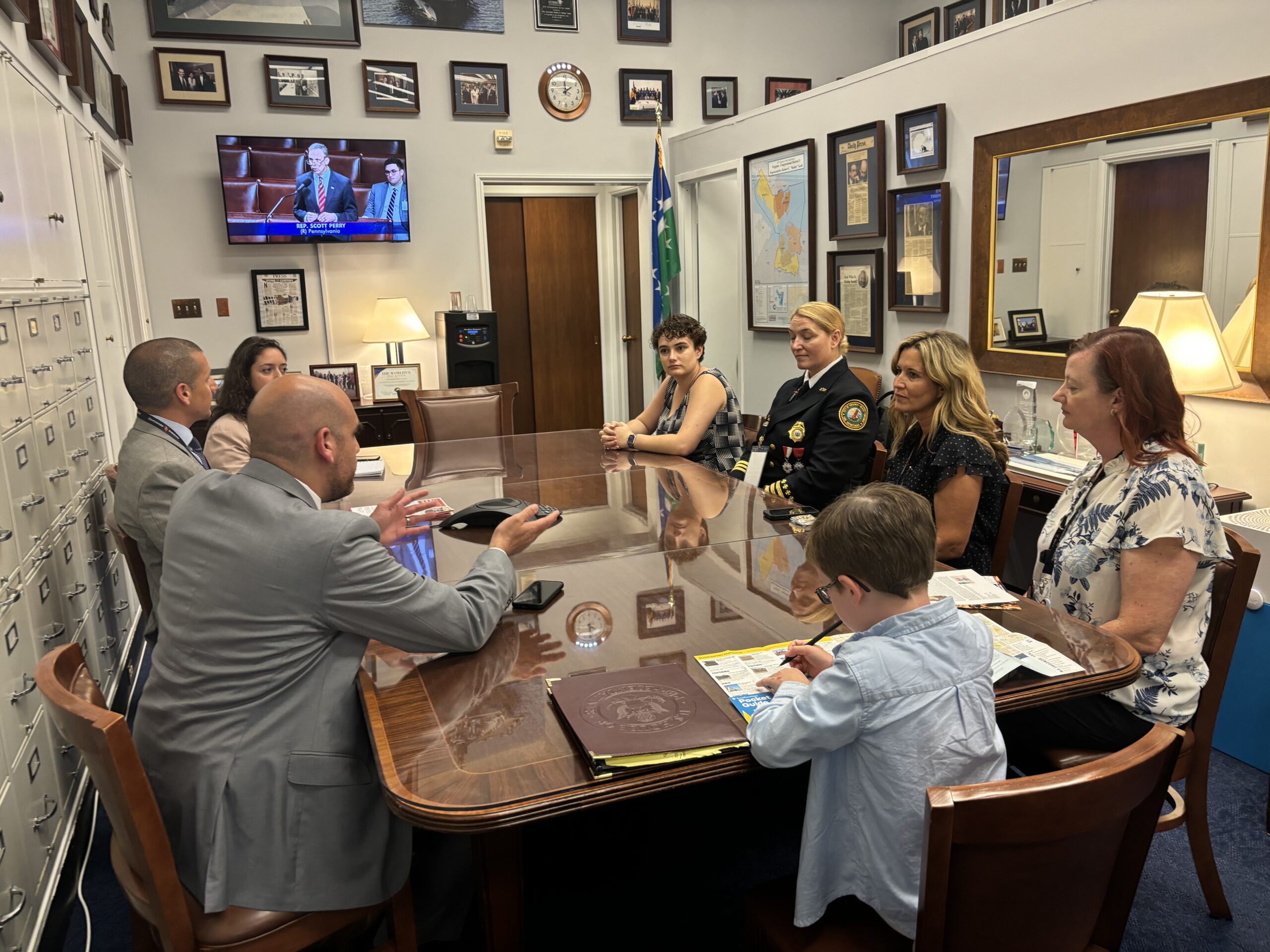Members of Charlottetown, Prince Edward Island Local 5219 are welcoming a landmark arbitration award that makes significant and long-overdue gains in salary and moves fire fighters from an antiquated eight-hour shift schedule to the 24-hour shift schedule that’s predominant in fire departments across Atlantic Canada.
The award, handed down Feb. 18, establishes the local’s first contract as an IAFF affiliate and covers 2019 to 2024. Prior to 2019, Charlottetown’s 17 fire department employees belonged to a large, national public sector union and, for bargaining, were lumped mainly in with the city’s other municipal employees.
Local 5219 President James Pickard said his members are pleased with the advances made in the award and excited about moving forward.
Using other Atlantic Canadian IAFF locals as comparators, the arbitrator brought the historically-underpaid Charlottetown fire fighters closer to the regional average by awarding 3.5-per-cent wage increases in each of the contract’s six years. Existing collective agreement language that provides for cost-of-living increases minus one per cent of the province’s Consumer Price Index figures resulted in additional salary increases for 2021 and 2022.
“On salary, the arbitration brought us to within two per cent of the average within Atlantic Canada, which is great for us,” Pickard said.
With regard to the shift schedule, he said the employer agreed the eight-hour shift schedule needed to be changed, but staunchly opposed the 24-hour shift, instead proposing an unusual 12-hour shift that the arbitrator rejected. The panel cited the 24-hour shift as predominant among IAFF locals across Atlantic Canada and the rest of the country while firmly rejecting several employer arguments.
The Board wrote that “interest arbitrators have consistently rejected speculative and anecdotal evidence by employers and experts suggesting the 24-hour shift is detrimental to the health and safety of fire fighters and the public.” The award states there is no evidence that the 12-hour shift proposed by the employer is being used in any fire departments and “no arbitral precedent which supports its use.”
The 24-hour shift is to be implemented by July 31. The employer will need to renovate Station 1 to accommodate the return of sleeping quarters that were removed by a fire chief 10 years ago.
The 24-shift has become the new norm. It’s the way to go, and our members are pretty excited about it.
James Pickard,
Local 5219 President
The award also accepts the union’s proposal to formalize the department’s system of “seasonal fire fighters” by naming them Relief Fire Fighters with two classifications based on the number of hours worked, at 60 per cent and 65 per cent of a full-time fire fighter salary respectively, a significant increase over their previous rate. Used as on-duty personnel to fill in for full-time fighters absent due to sickness or other types of leave, the Relief Fire Fighters are also deemed permanent employees in the award, granting them benefits, sick leave credits, and priority for overtime opportunities.
Citing NFPA 1710 and an important arbitration award won by Sudbury, Ont. Local 527 in 2020, Local 5219 had proposed minimum four-person crews on duty at all times for health and safety. The arbitrator declined to award on staffing, despite there being never more than three fire fighters on duty in the city of 40,000 people and only one lone fire fighter on duty weekends and daily between 4 p.m. and midnight.
However, the Board did acknowledge staffing as a future issue by writing that four-person crews would add a measure of safety and improve firefighting capabilities, and “this is something the employer will have to keep in mind if it continues to grow or if volunteer response becomes less reliable.”
Pickard expresses his thanks to those who were instrumental in the process, including IAFF Canadian Legal Counsel Sean McManus, association nominee Larry Cook, 15th District Vice President David Burry, and 15th District Service Representative Glenn Sullivan.
The local and the employer are now working to implement the details of the award and shape them into the new collective agreement. As it expires at the end of 2024, they will be in bargaining again soon, which Pickard says will bring a new opportunity to address the chronic understaffing and improve fire fighter health and safety by advocating for implementation of the IAFF Wellness-Fitness Initiative.
“It’s very nice to finally have this award. It’s been five years plus that we’ve been talking about it. It’s nice to have such solid language to give us an idea of what we’re doing going forward. We’re very excited for what’s to come,” Pickard said.



